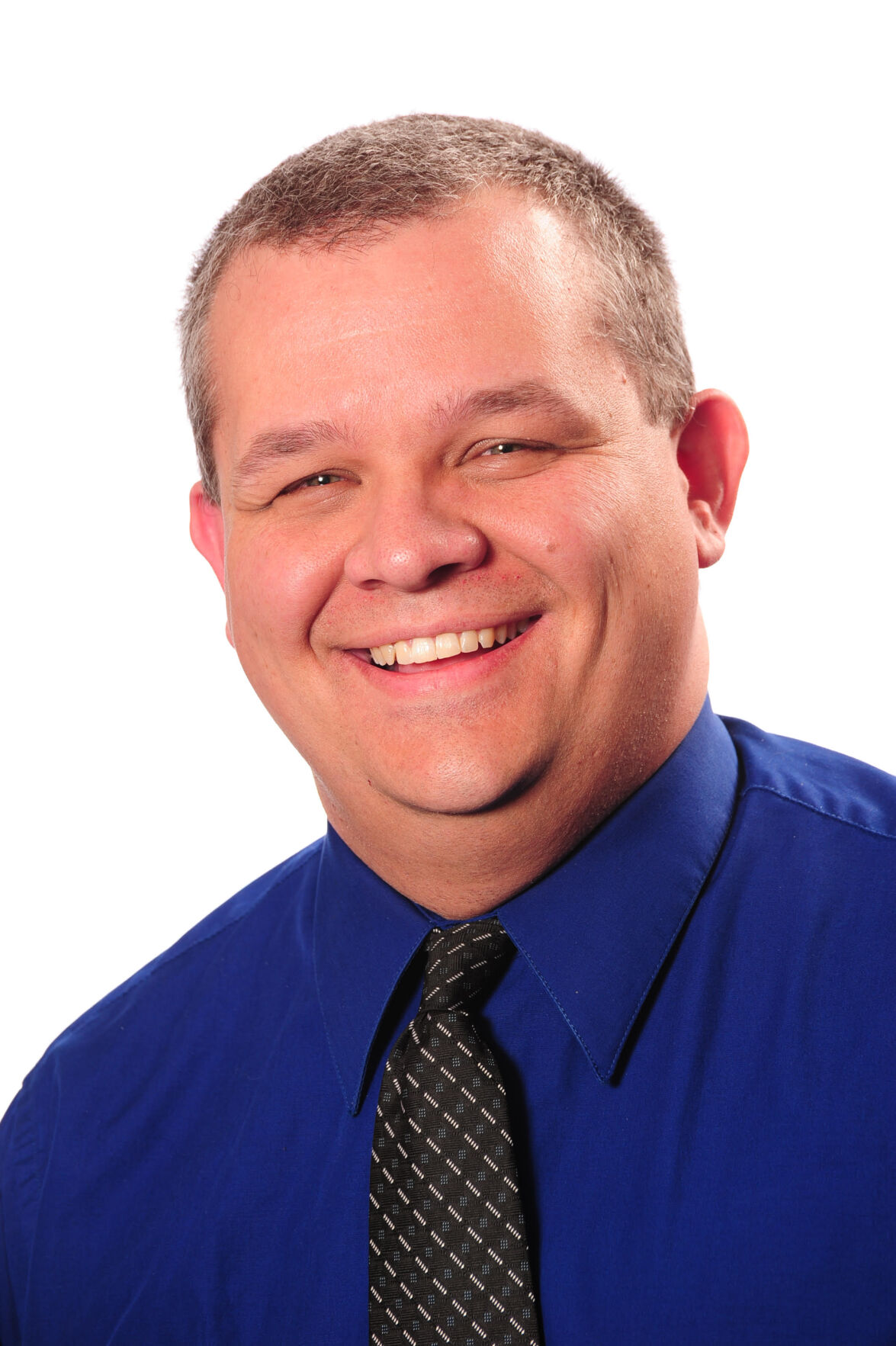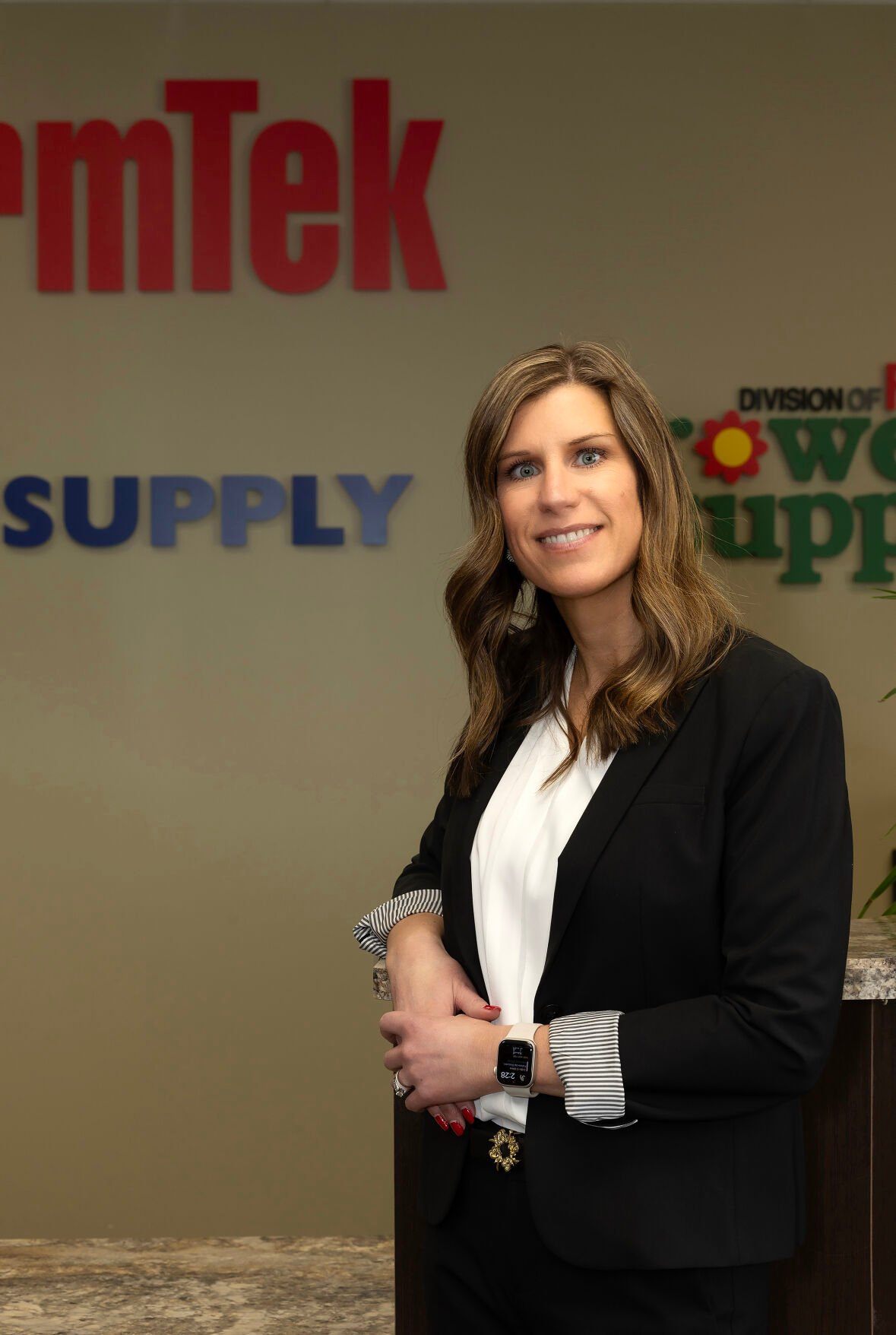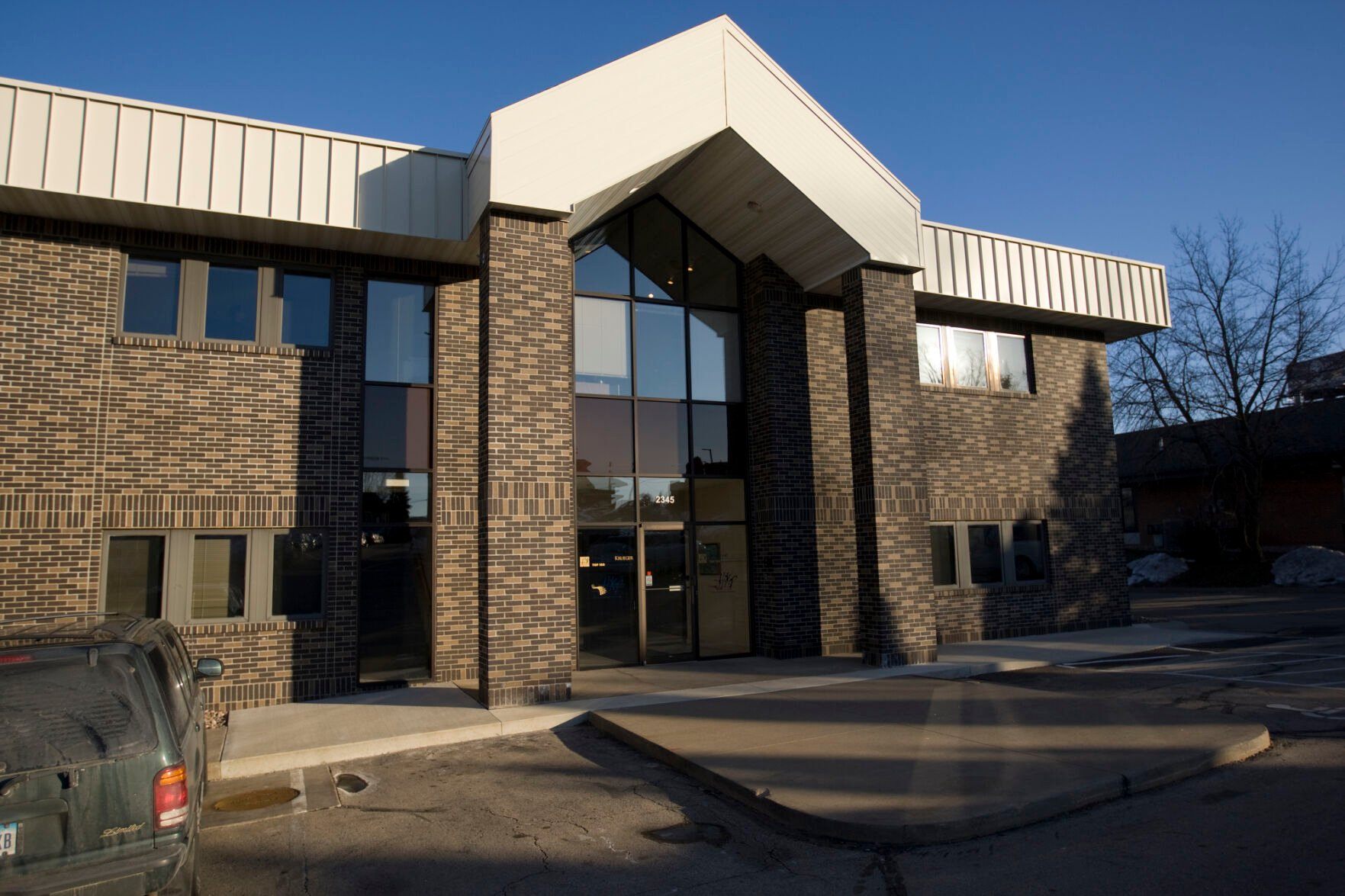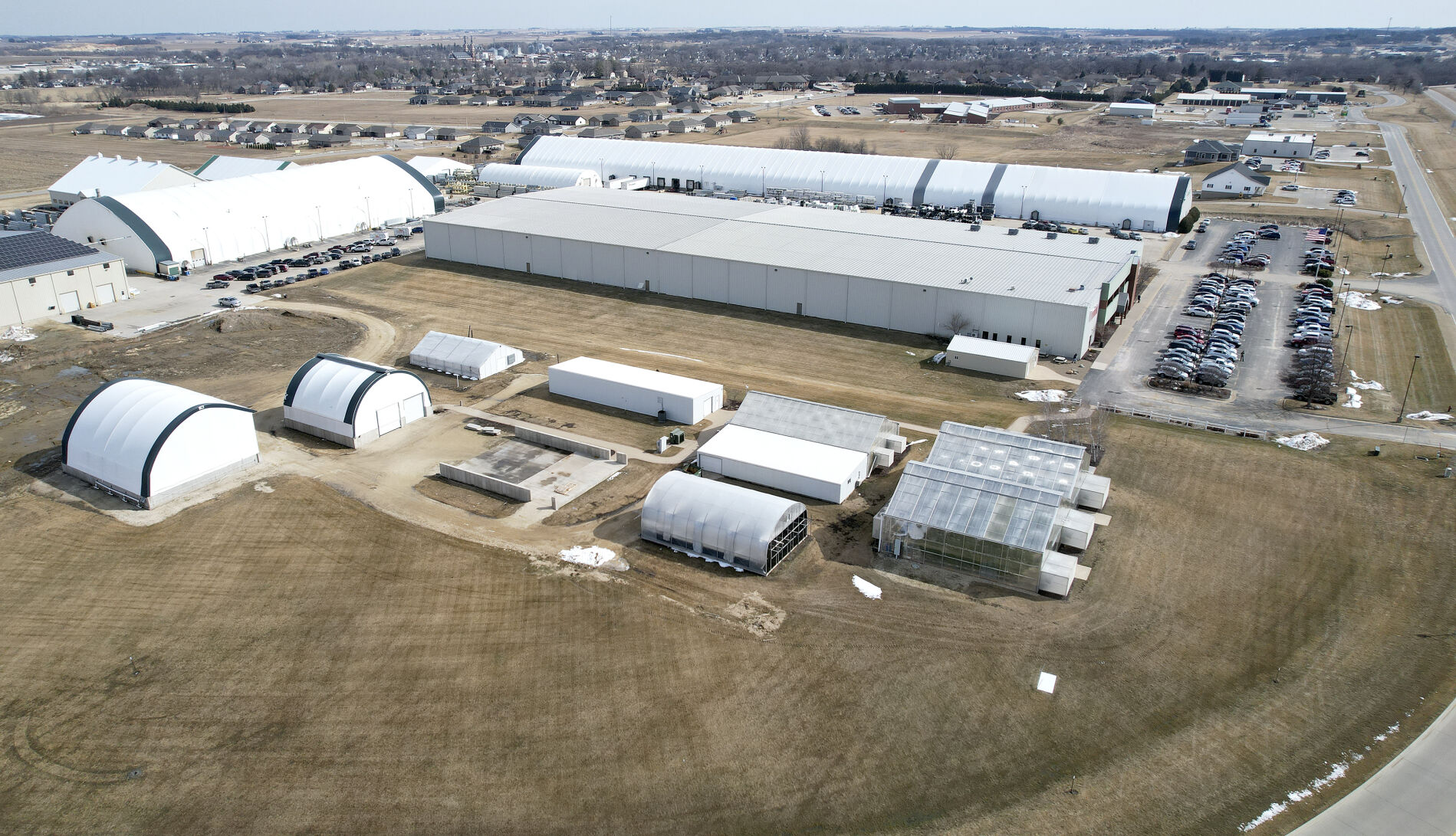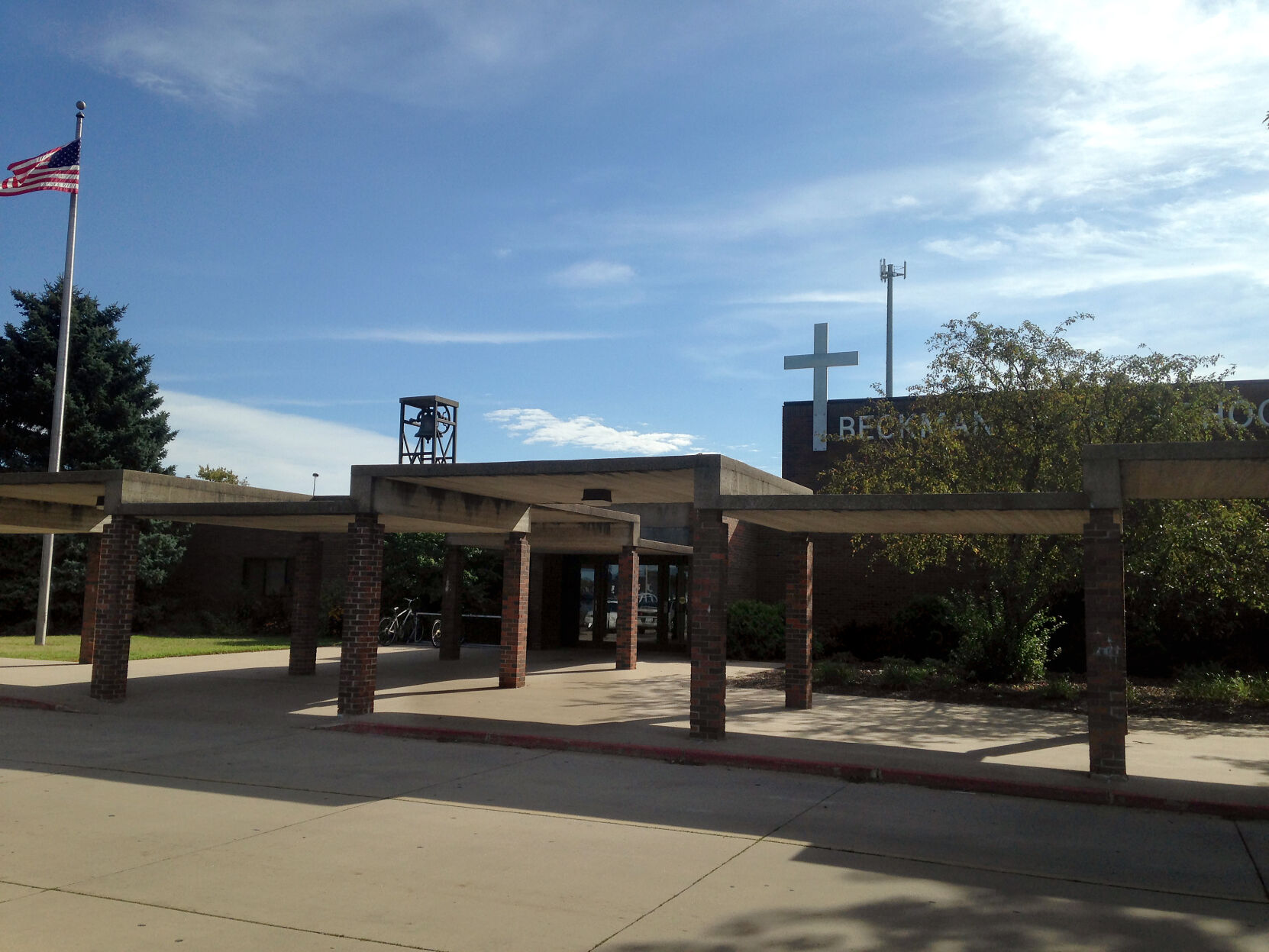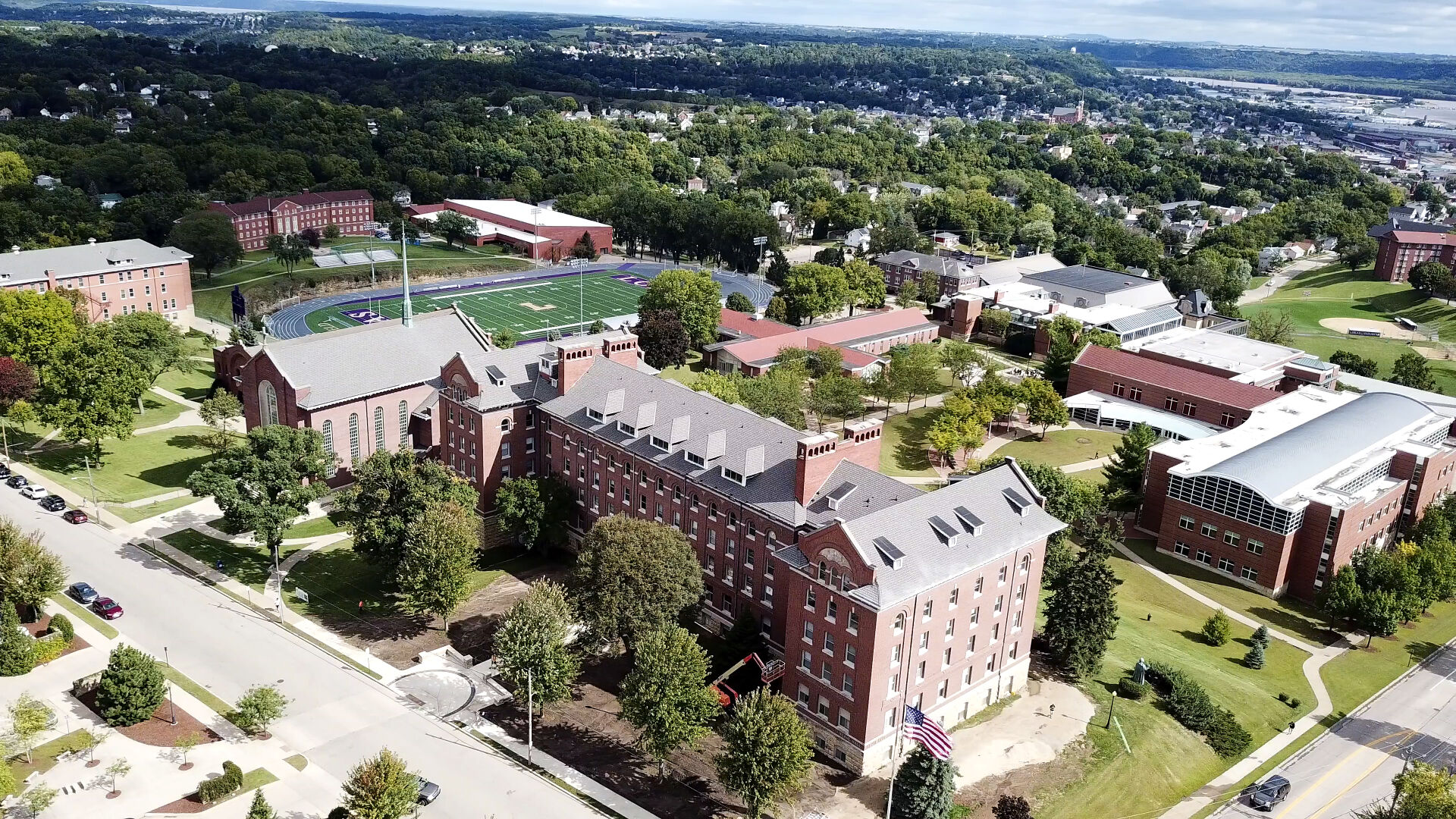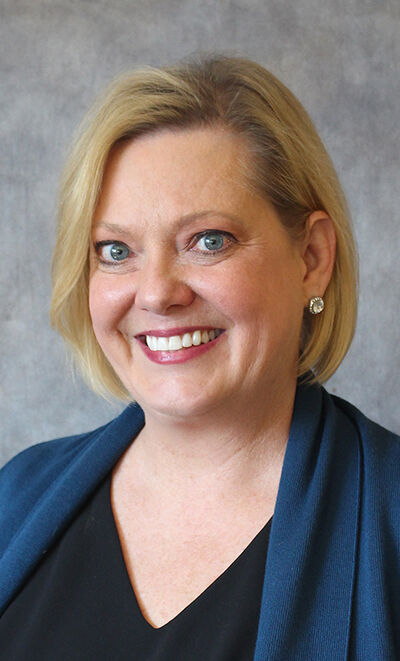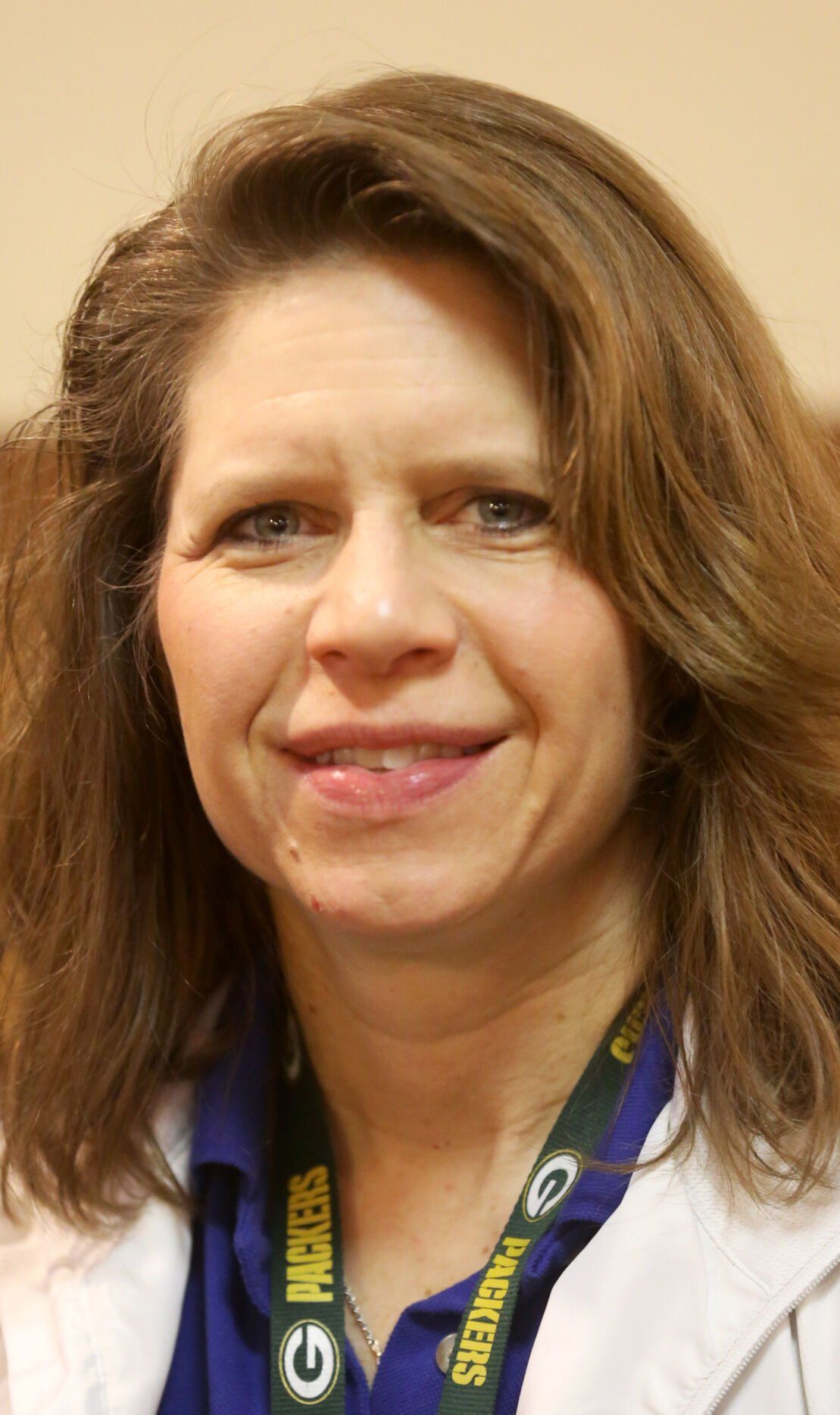Educators and employers in the tri-state area are cooperatively addressing the need for skilled workers and showing students they don’t have to leave the region after graduation to find good jobs.
“Our goal is to work with younger and younger generations,” said Martina Bockenstedt, vice president of operations at Engineering Services & Products Co. in Dyersville, Iowa, known locally as FarmTek. “We want them to see what we have to offer as a company so that when they go off to school, if they want to come back to the community after they graduate, they know that there are opportunities here.”
The company is in the second year of an apprenticeship program it launched with Beckman Catholic High School in Dyersville. Two students — one who is a junior and the other who is a senior — are working two to 10 hours in a typical week.
“Basically, they’re assistants,” Bockenstedt said. “They are working with our computer-aided design program right now. They’re working in our research and development department with our engineers, our CAD designers and developers and they’re working on projects themselves. They’re doing the drawings, they’re doing the layouts and schematics of components. They’re designing blueprints, and they’re working with some of our 3D models.”
Beckman Principal Marcel Kielkucki says the apprenticeship program is an extension of mentoring and other such development programs Beckman has offered for many years.
“We started to look at ways we could enhance or expand those opportunities, especially in career areas where we know there are needs in the community for workers,” Kielkucki said. “We started looking at apprenticeship programs. The state was — and still is — very interested in having apprenticeship programs at the high school level so that students can work with employers and gain credentials that eventually could connect them to long-term employment. Or, as they go to college, provide them with additional opportunities.”
The apprenticeship program they put together is a collaboration between Beckman, Engineering Services & Products Co., the Iowa Office of Apprenticeship in the Iowa Workforce Development office and Northeast Iowa Community College. Students who complete the program earn a certificate as an engineering assistant that is recognized nationwide by the U.S. Department of Labor. By completing the program, students also earn up to 12 credits in the engineering curriculum at Northeast Iowa Community College or other colleges and universities.
“One of the beauties of apprenticeship programs is a student could do a program and learn that they think that this is something they’re interested in as a career,” Kielkucki said. “And they may find out through the apprenticeship program that they’re not interested.”
The latter is as important as the former, he said, because it can spare students from investing thousands of dollars in their education only to realize “two years after they finish with school: ‘I don’t like this anymore.’”
Officials at Engineering Services & Products Co. also want to identify as early as possible students who might want to someday pursue careers with the company.
“We also are very involved in the college level,” Bockenstedt said. “We typically have four to five interns who come during the summer months and work with us in a variety of different areas.”
She said those areas typically include the company’s greenhouse and continuous improvement, research and development and civil or structural engineering departments.
“The goal is to create this pipeline where it’s starting at the high school age, getting exposure there, moving on into the college phase, learning and understanding and working with those individuals and then focusing on any of those that are graduating,” Bockenstedt said.
Honkamp, P.C., a certified public accounting and business-advisory company headquartered in Dubuque, also uses its internship program to develop future employees at its nine offices in Iowa, Wisconsin and Missouri.
“It is our primary method of hiring entry-level employees,” said Richelle Gentile, the company’s engagement and retention manager. “Most people start with the company as an intern and grow into a full-time position. Any staff person that we hire at an entry level probably has done an internship with us.”
Companywide, Honkamp has more than 300 employees and Gentile annually hires about 60 interns to work in the company’s nine offices. Most of those interns come from Loras College, Clarke University and the University of Dubuque, along with Augustana College in Rock Island, Ill.; Saint Ambrose University in Davenport; Western Illinois University; the University of Northern Iowa; Coe College; Mount Mercy University; the University of Iowa; the University of Wisconsin-Oshkosh; and the University of Wisconsin-Platteville. Much of their work is done during tax season when the company needs additional help.
Their work, however, serves an additional purpose.
“Overall, this experience is like a long job interview,” Gentile said. “It really gives us a chance to get to know the students and see if they have an aptitude and desire for the industry.”
And the interns get an opportunity to see in which department they might best fit: Accounting, tax or audit.
“It’s good for us to have that knowledge before we hire them full time and it’s good for them to get that information before they go into the working world,” Gentile said.
Jennie Weber, the academic internship coordinator at Loras College, said the program at Honkamp illustrates an important learning component for students who, in some cases, are getting a first taste of working in the real world.
“The students have an opportunity to connect the dots between their classroom learning and their proposed or their perceived vocations — where they think they want be in the world of work, what they think they want to do, where they think they’re a good fit,” Weber said. “They can get out there, they can try it, they can explore it and say, ‘What does it mean to have a business administration degree out there in the world? What kinds of things can I do with this?’”
For Bockenstedt, having an opportunity to help students answer those questions about themselves is one of the things that makes it fun to have interns and apprentices in the workplace.
“They’re eager. They’re really sponges. They want to learn everything. They want to understand everything,” she said. “They’ve been great students in the sense of really working with the rest of the team and the team is engaged with them, really wanting to help them and work through projects and the experiences that they’re gaining. One of those experiences, which is just being in an office setting, is huge. They’re learning the ins and outs of working with different team members and wanting to fit in with the team.”


